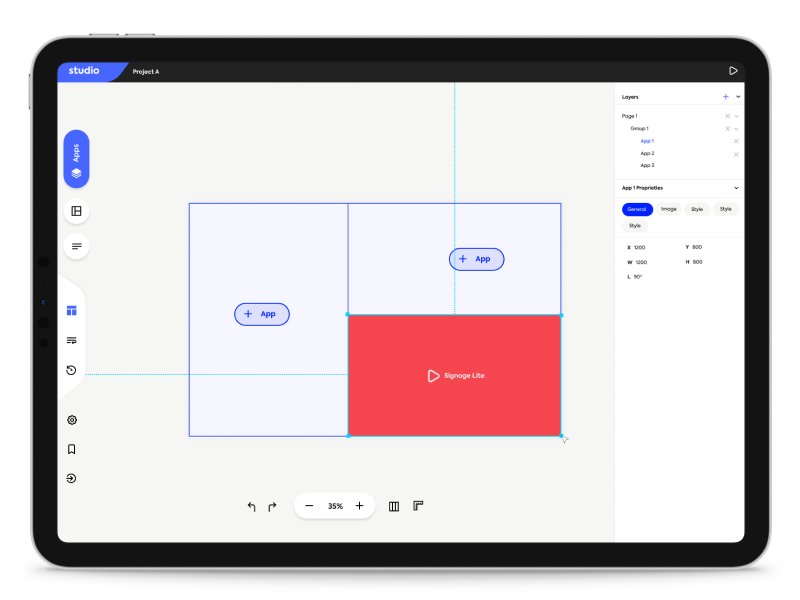
No-Code is an approach to application development that allows users to create and customize software without the need for coding. This is made possible by the use of visual tools such as drag-and-drop, which simplify the development process. These tools allow non-technical users to create customized applications to meet the needs of their businesses or projects without the need to hire specialized programmers. No-Code is a growing trend in the technology industry, with several advantages including speed, low cost, ease of learning, flexibility, improved collaboration, scalability, and security.
- Speed: With the use of No-Code tools, it is possible to develop applications quickly without the need to write code. This allows project teams to launch their applications with much less time and effort.
- Low cost: No-Code application development is generally cheaper than traditional development, as there is no need to hire specialized programmers.
- Easy to learn: No-Code tools are generally easy to use and learn, even for users without technical knowledge. This means that project teams can start working with them quickly.
- Flexibility: With No-Code, it is possible to create custom applications to meet the specific needs of each project.
- Improved collaboration: No-Code allows different departments and teams to work together in creating applications, which can improve collaboration and communication between them.
- Scalability: With No-Code, it is easy to scale and adapt applications to meet changes in business needs.
- Greater security: With No-Code, it is possible to implement security measures to protect applications against cyber threats without the need to write code.
An ecosystem like Spotside Display, which provides a platform for creating and deploying applications and projects on professional digital equipment, is an excellent option for taking advantage of the benefits of No-Code. With Spotside Display, project teams can quickly and easily create and launch their applications without the need for advanced technical knowledge. This allows companies to achieve their business goals more efficiently and at lower costs.

